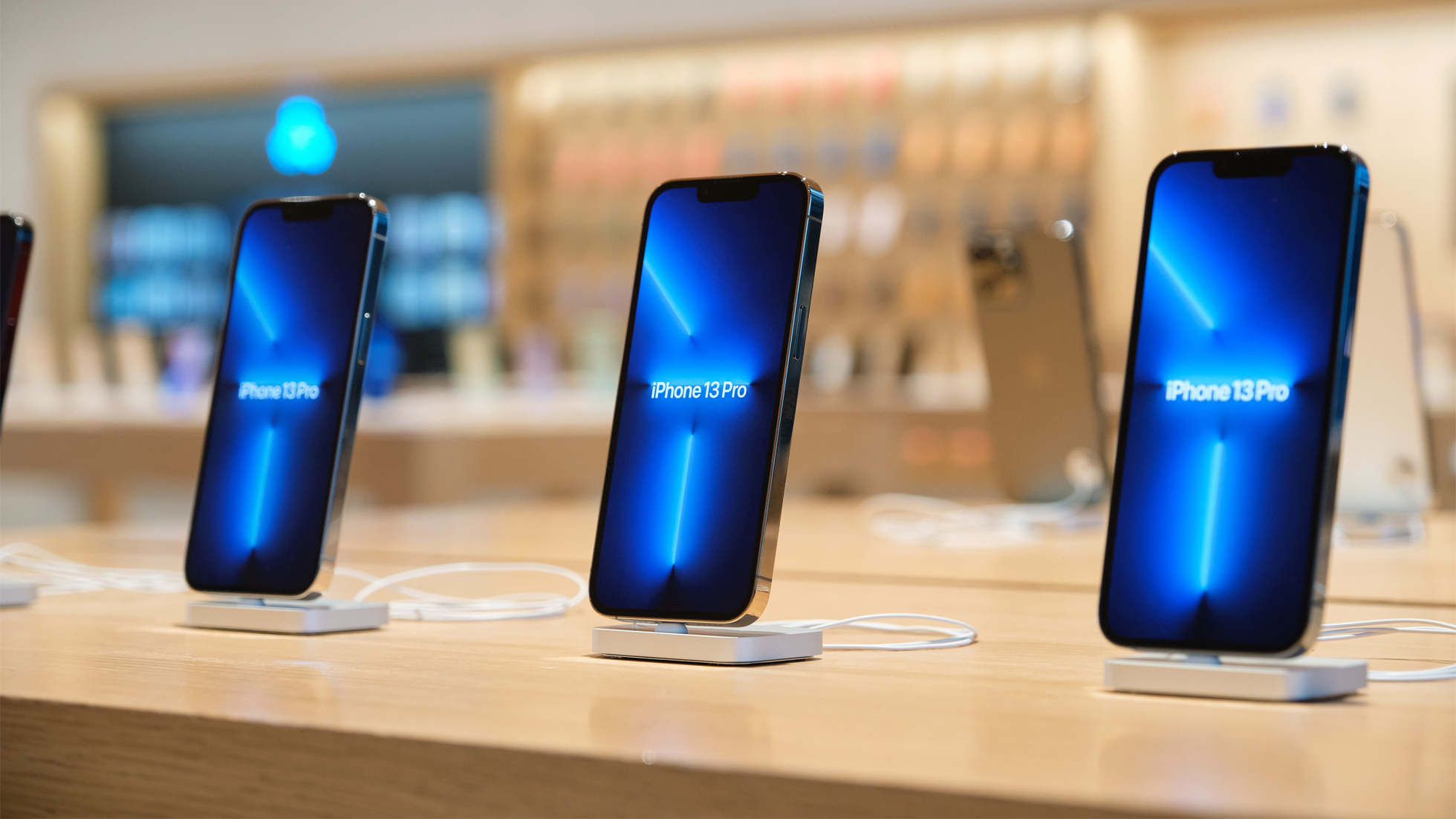iPhone 15 Pro's A17, M3 Macs to get major 3nm upgrade in 2023
A big change to Apple's chips is coming.

iMore offers spot-on advice and guidance from our team of experts, with decades of Apple device experience to lean on. Learn more with iMore!
You are now subscribed
Your newsletter sign-up was successful
A new supply chain report says that Apple is planning a massive upgrade for its 2023 chips, namely the iPhone 15 Pro's A17 processor and the M3 chip for Mac, using TSMC's new 3nm manufacturing process.
Apple last week announced the new iPhone 14 Pro which features the A16 chip, an upgrade over the A15 that's built on the 4nm process, a slightly improved version of the standard 5nm that has been in use for a couple of years in devices like iPhone 13, iPhone 12, and Apple silicon's M1 and M2 chips.
Now, a new report says that 2023 will be a major leap in Apple's chip performance thanks to 3nm, which is a much more substantial jump in both performance and efficiency compared to 5nm.
A17, M3
Nikkei Asia reports today that Apple "aims to be the first company to use an updated version of Taiwan Semiconductor Manufacturing Co.'s latest chipmaking technology next year, with plans to adopt it for some of its iPhones and Mac computers."
According to sources, Apple is developing an A17 mobile chip for its iPhone 15 Pro, slated for release in the second half of 2023.
The report says that Apple will also use 3nm for its M3 chip, the next Apple silicon chip expected to arrive in the Mac next year.
Using 3nm technology instead of the 5nm used in A15 and Apple silicon would offer a 70% logic density gain over the current chips. This would give speed boosts of up to 15% using the same amount of power, or up to 30% power reduction at the same speed compared to 5nm. As you can imagine, that would make chips in the next iPhone and new M3 Macs much less power hungry, or much more powerful using the same amount of power as current models. That means we can expect huge performance increases in next year's flagship Apple silicon chips both mobile and Mac and a substantially larger leap than we got this year with iPhone 14 Pro and the A16.
iMore offers spot-on advice and guidance from our team of experts, with decades of Apple device experience to lean on. Learn more with iMore!
The iPhone 14 Pro's A16 chip features a 6-core CPU and 5-core GPU, as well as a new 16-core Neural Engine. This helps to fuel powerful features like image signal processing in the camera, gaming, and more.
This year Apple did not upgrade the processor in the regular iPhone 14, making a much clearer distinction between its regular and Pro models that it is expected to continue next year. That means the regular iPhone 15 will likely not get the A17 chip mentioned here but could get A16 a year behind schedule.

Stephen Warwick has written about Apple for five years at iMore and previously elsewhere. He covers all of iMore's latest breaking news regarding all of Apple's products and services, both hardware and software. Stephen has interviewed industry experts in a range of fields including finance, litigation, security, and more. He also specializes in curating and reviewing audio hardware and has experience beyond journalism in sound engineering, production, and design.
Before becoming a writer Stephen studied Ancient History at University and also worked at Apple for more than two years. Stephen is also a host on the iMore show, a weekly podcast recorded live that discusses the latest in breaking Apple news, as well as featuring fun trivia about all things Apple. Follow him on Twitter @stephenwarwick9
